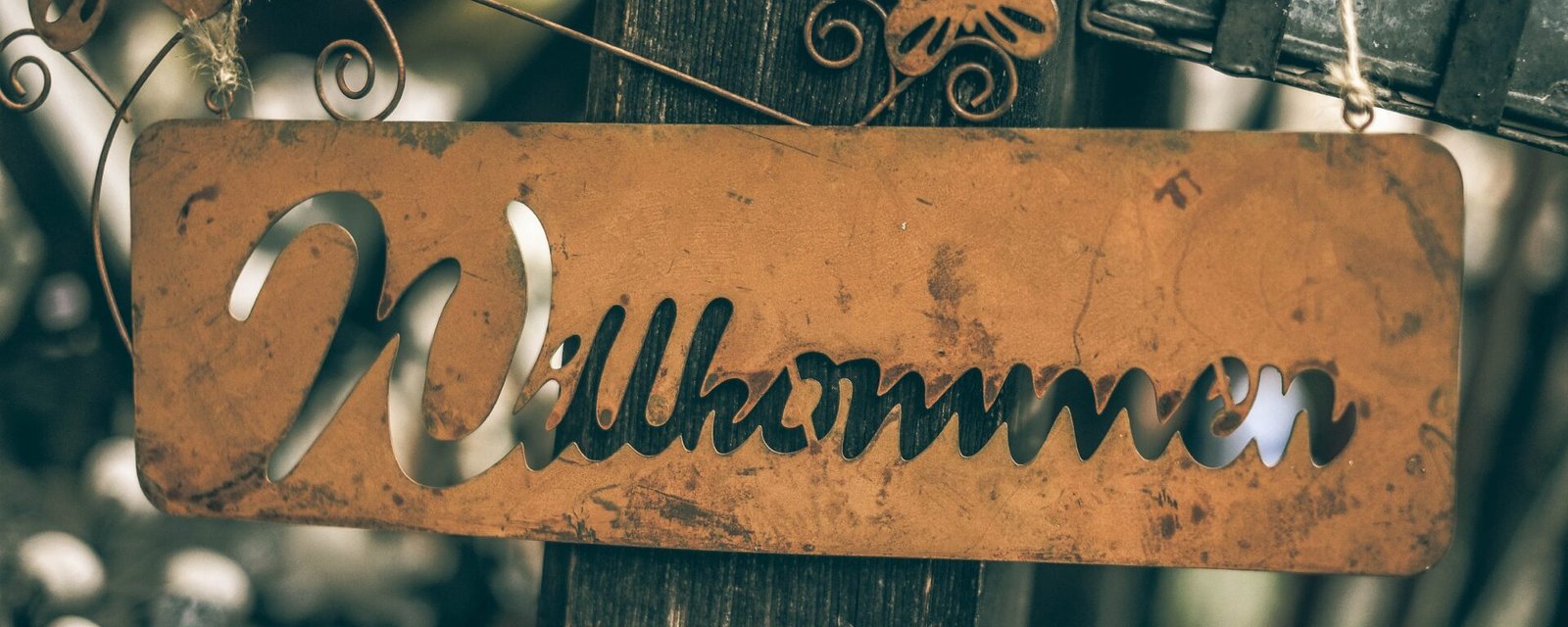Learn German A1: Feeling Good Lesson 34. For students or professionals, who want to settle in Germany, Austria or other EU Countries, knowing the German language is a prerequisite. Therefore, we have delivered free German A1 course here.
The language introduced in this course is centered around realistic everyday situations.
Learn German A1: Feeling not so good Lesson 30
Table of Contents
Questions to ask about others
Mari, wie geht’s? – Mari, how are you?
Maria, wie geht es dir? – Maria, how are you?
Herr Schneider, wie geht es Ihnen? – Mr. Schneider, how are you? (Formal)
Frau Dorf, geht es Ihnen gut? – Mrs. Drof, are you doing well? (Formal)
Let’s find out answers!
Gut
Mir geht’s wirklich sehr gut. – I am feeling really very good.
Mir geht’s heute so gut. – I am feeling so good today.
Instead of “gut” (good) you could say, e.g. “schlecht” (bad) or “super” (great).
Sie ist gut drauf. – She’s in a good mood.
Ich bin gut drauf. – I’m in a good mood.
Depending on your mood you can say “ich bin gut drauf” or “ich bin schlecht drauf”.
Ihr seid gut drauf. – You (plural) are in a good mood.
Danke, es geht mir gut. – Thanks, I am doing well.
Es geht mir sehr gut. – I am doing very well.
Es geht mir ziemlich gut. – I am doing rather well.
Es geht ihm gut. – He is doing well.
Es geht ihr gut. – She is doing well.
Gesund
Sind Sie weider gesund? – Are you well again? (Formal)
Seid ihr weider gesud? – Are you (plural) well again?
Ich bin gesund. – I’m well. As “gesund” (well) is stressed on the “-sund“: gesund.
Sie sind gesund. – They are well.
Ist er krank oder gesund? – Is he ill or well?
Ja, ganz gesund. – Yes, quite well.
“gesund” (healthy) is the opposite of “krank” (ill).
Mari ist gesund und gut drauf. – Mari is well and in a good mood.
In the expression “gut drauf” (in a good mood), we stress the second word: Sie ist gut drauf.
Bist du gut drauf? – Are you in a good mood?
“au” is a common combination of letters in German. The combination “ua” doesn’t exist.
When somebody sneezes, it is common to wish that person “Gesundheit!” (good health).
Glücklich
Er ist glücklich. He is happy.
The word “glücklich” is made up of: “Glück” (luck, happiness) and the ending “-lich“.
The letter combination “ck” is pronounced just like a normal “k“.
Du bist glücklich. (You are happy).
Wir sind glücklich. – We are happy.
Sie sind glücklich. – They are happy.
Ihr seid glücklich. – You (all) are happy.
The “ei” in “seid” sounds like the “ei” in “heiße”.
Wunderbar
Es geht ihm wunderbar. – He is doing wonderfully.
Jag – mir
Es geht mir wunderbar. – I am doing wonderfully.
Du – dir
Es geht dir wunderbar. – You are doing wonderfully.
sie – ihr
Es geht ihr wunderbar. – She is doing wonderfully.
wir – uns
Es geht uns wunderbar. – We are doing wonderfully.
ihr – euch
Es geht euch wunderbar. – You (plural) are doing wonderfully.
Ausgezeichnet
Guten Abend, Herr Krämer, wie geht’s? – Good evening, Mr Krämer, how are you?
Ausgezeichnet. Vielen Dank, Frau Schmidt. – Excellent. Thank you very much, Mrs Schmidt.
Hope It Helps! Weiter so! (Keep it up!)
Learn German A1: 11 Pronunciation ways in German Lesson 29
Lastly, Write your questions in comment box section about ” Learn German A1: Feeling Good Lesson 34.”
Meanwhile, If you need further support or individual guidance to learn German, you can contact here.
